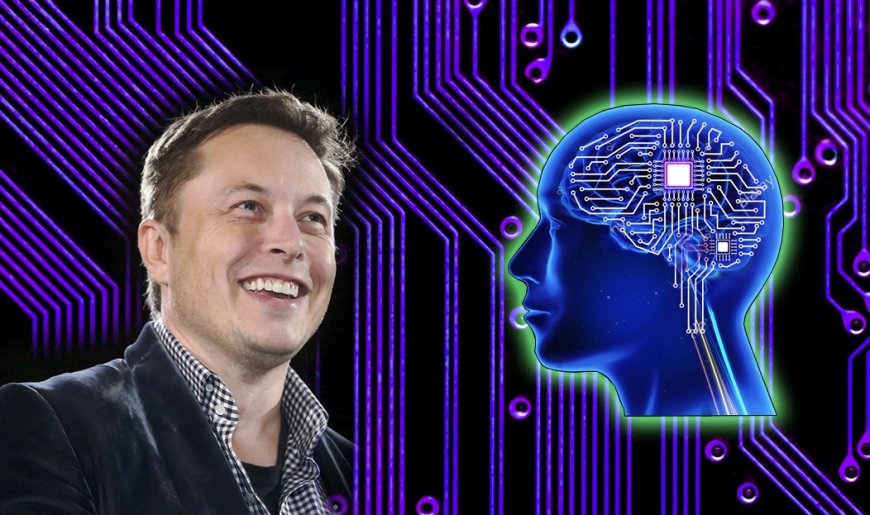Unveiling the Future: Neuralink's Quest to Enable Mind-Controlled Computers
Elon Musk's Neurotechnology Company Receives FDA Approval for Clinical Trials, Revolutionizing Human-Computer Interaction

Neuralink, the neurotechnology company co-founded by Elon Musk, is set to revolutionize human-computer interaction with its groundbreaking brain implants. The recent approval from the U.S. Food and Drug Administration (FDA) to initiate clinical trials marks a significant milestone, unlocking the immense potential of Neuralink's technology in empowering individuals to control computers using their minds.
Bridging the Gap: Controlling Computers through Neural Signals
Neuralink's vision is centered around developing brain implants that enable seamless control of computers and robotic limbs through neural signals. These advanced devices, once implanted in the human brain, bridge the gap between humans and machines, opening up a new era of intuitive and direct interaction.
FDA Approval: A Landmark Achievement for Neuralink
The FDA's approval for Neuralink's clinical trials is a major breakthrough. It not only validates the safety and viability of the technology but also propels Neuralink forward in their mission to improve the lives of individuals with neurological disorders and expand the boundaries of human potential.
Unleashing the Power of the Mind: The Brain-Computer Interface (BCI)
At the core of Neuralink's innovation lies the brain-computer interface (BCI), which enables wireless control of computers and mobile devices through thoughts alone. This transformative interface has the potential to revolutionize the lives of those with paralysis and neurological conditions, while also offering a more intuitive and efficient user experience for all.
From Medical to Non-Medical Applications: A Vision for the Future
While initially focused on medical applications, Neuralink envisions a future where its technology finds diverse non-medical applications. Industries such as gaming, communication, and creativity stand to benefit from the seamless integration of Neuralink's brain implants, enhancing human capabilities and opening up new realms of possibility.
Precision Implantation Process: Merging Technology and Biology
Neuralink's implantation process involves a precise surgical procedure where a specialized robot inserts the device into targeted areas of the brain responsible for motor control. This implant then processes neural signals, enabling users to effortlessly control keyboards, mice, and other devices through their thoughts. Neuralink's goal is to create a fully implanted system that is not only functional but also cosmetically discreet, blending seamlessly with the human body.
Ethical Considerations and Commitment to Animal Welfare
Neuralink's pursuit of innovation is not without ethical considerations. The company conducts research using animal models such as monkeys and pigs to refine its technology. Acknowledging concerns regarding animal welfare, Neuralink is dedicated to upholding the highest ethical standards. They have implemented improved surgical protocols and prioritize the humane treatment of animals involved in their research, ensuring the responsible advancement of their groundbreaking technology.
Conclusion:
With the FDA's approval of clinical trials, Neuralink is at the forefront of transforming human-computer interaction. By empowering individuals to control computers with their minds through brain implants, Neuralink's pioneering technology holds the promise of a future where our capabilities are enhanced, accessibility is improved, and the boundaries of human potential are pushed to new frontiers. Under the visionary leadership of Elon Musk, Neuralink's relentless pursuit of innovation heralds a future where the fusion of humans and technology creates a new paradigm of seamless interaction and unlocks unprecedented possibilities.
Also Read: Ford and Tesla Join Forces in Historic Charging Partnership, Electrifying the Automotive World

































































